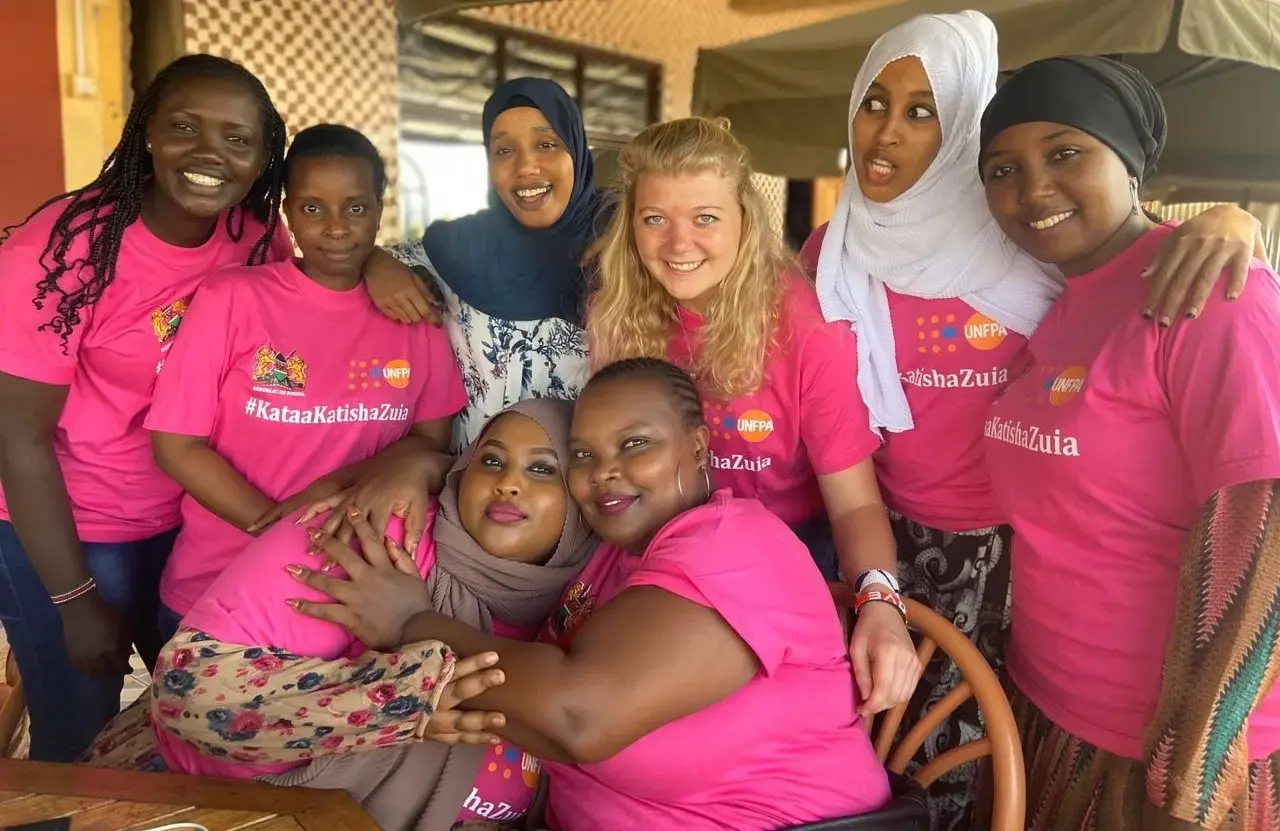LET US LISTEN, SUPPORT AND INVEST IN OUR YOUTH TO ACCELERATE THE ELIMINATION OF FEMALE GENITAL MUTILATION IN AFRICA BY 2030
H.E UHURU KENYATTA, CGH, PRESIDENT OF THE REPUBLIC OF KENYA
DR. NATALIA KANEM, UN UNDER-SECRETARY-GENERAL AND EXECUTIVE DIRECTOR OF THE UNITED NATIONS POPULATION FUND (UNFPA)
Female Genital Mutilation is one of the most horrific human rights violations imaginable that negatively affects the health, education and overall development of women and girls. With 200 million women and girls affected, ending this harmful practice is an urgent moral imperative that we cannot afford to ignore.
Although we have made tangible progress in the 25 years since the International Conference on Population and Development (ICPD) in Cairo, where countries agreed to end the practice everywhere, we are currently facing headwinds. In the places where it is most prevalent, Female Genital Mutilation is declining but not at the speed and scale that is required to meet global commitments. However, these same countries are experiencing high rates of population growth – meaning that if the practice persists at current levels, the number of girls affected as a whole would continue to grow, while they continue to grapple, within some ethnic groups with persistent social norms and cross border propagation of the practice.
Indeed, the United Nations projects that the population of young people in the world's least-developed countries – among the places where Female Genital Mutilation is most commonly practiced – will jump to 62 per cent by 2050. These trends are leaving more girls vulnerable than ever before. In 2019 alone, more than 4 million girls were victims of female genital mutilation, and if urgent action is not taken, up to 68 million could be subjected to the practice by 2030.
So how can we accelerate much-needed progress by the end of the decade? How can we truly turn this into a decade of action where we accelerate sustainable solutions? The answer is simple and straightforward: we must listen to, support and invest in young people.
Africa must leverage the power of youth in high-risk countries, where support for Female Genital Mutilation among people aged 15 to 19 is much lower than among those aged 45 to 49. Increasingly, young girls are growing up with a much higher chance of remaining intact compared to their mothers and grandmothers. This new generation can champion a global movement, transforming traditional norms and inspiring their peers to stand up to their elders by saying no to this form of gender-based violence.


